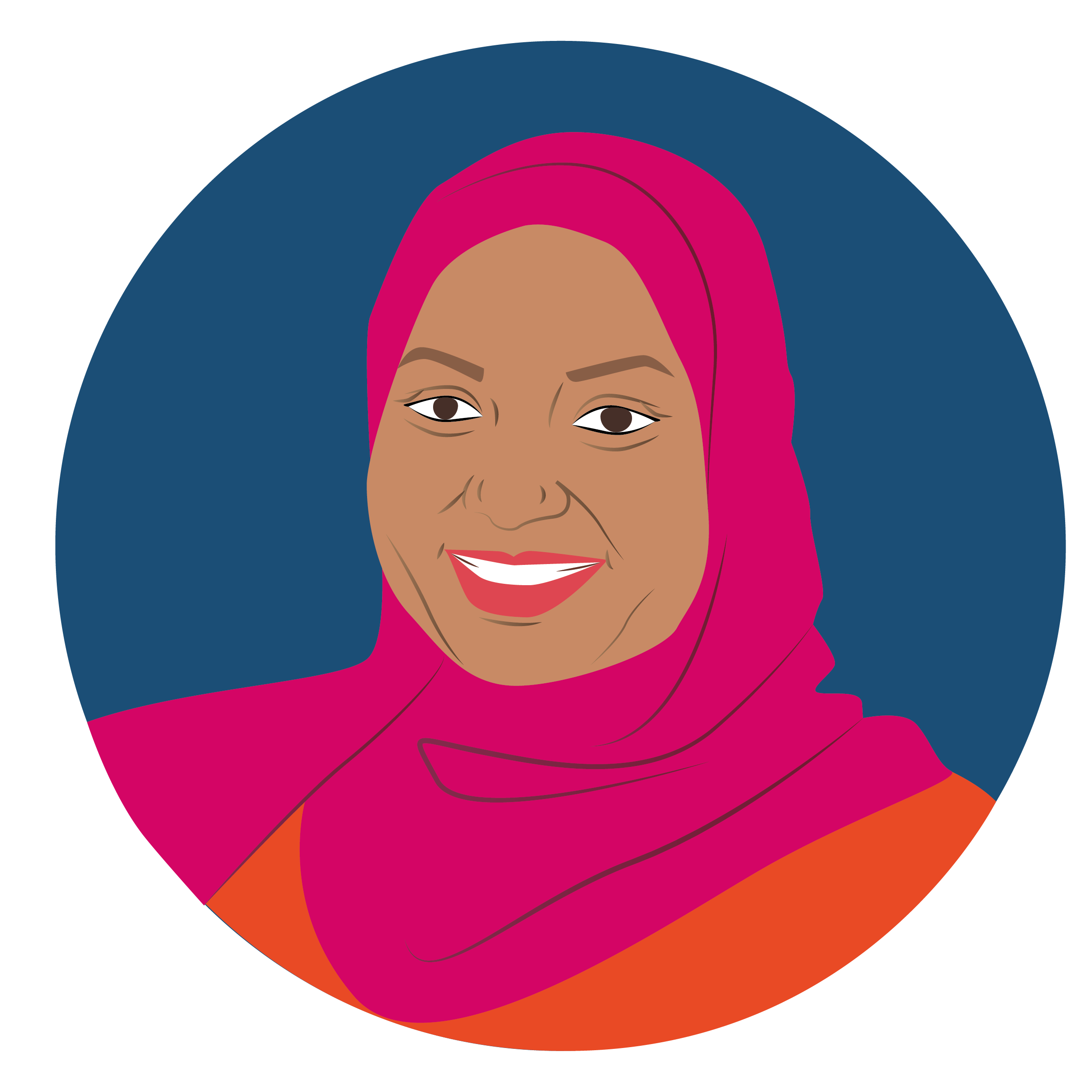
Habiba al Hinai is an Omani women’s rights activist, and Founder and Executive Director of the Omani Association for Human Rights (OAHR). She is based in Germany.
I was approached by some people in Germany from Stop FGM Middle East who wanted information about FGM in Oman. It was an issue I had never touched on before and I had no idea that FGM was so widespread. I thought it happened in just one area in the south of the country but the outcome of the study shows that it is much more prevalent, it is just that nobody has been talking about it. I surveyed 100 women and 100 men and the data I gathered was shocking, devastating.
Almost 78% of the women I spoke to reported being cut. As FGM happens at a young age, many women don’t remember being cut. They don’t know what the shape of their vagina should have been like, they don’t have anyone to ask, and the issue is taboo so they can’t talk about it.
I posted my results online and the response was huge. I was attacked by religious conservatives who say female circumcision is a form of Islamic worship.
People were telling me it was good for health, it stops cancer, it reduces your sex drive, it helps you have a better sex life with your husband, it makes giving birth easier – basically everything that is opposite from the truth!
We have only recently found out how widely practiced FGM is and there is nothing in place to help women and girls in the Gulf countries like Oman. Despite some international pressure, nothing is being done in society to stop the practice.

What we want from the new Sultan of Oman is a national study to be conducted on the practice of FGM in Oman and respect human rights. We want a center for survivors so they can have therapy and get what they need. We have women’s associations around the country and we want them to adopt women’s rights policies to address FGM and provide support to women and girls on this.
African women are pioneers in campaigning to end FGM and they have had a lot of support around the world.
But in the Middle East, women don’t get any support. How can you ask a survivor to speak out against FGM and then face all the consequences – criticism and online defamation, her family and her tribe may disown her, maybe her husband will divorce her – without proper support.
I don’t expect these women to speak out and face society. We have to give them the help and support they need.
